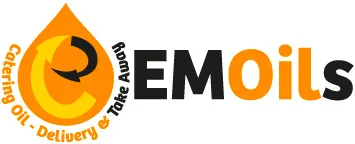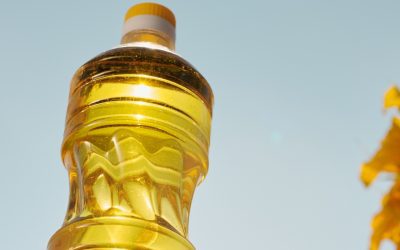As a business owner in the food industry, one of the most important things you need to consider is what happens to the cooking oil that you use. With regulations getting stricter and environmental concerns growing, it’s important to know whether or not your used cooking oil is toxic. The truth is, although it can be toxic, used cooking oil can be reused for a variety of different purposes. In this blog post, we’ll take a closer look at the question of whether or not used cooking oil is toxic, and what you can do with it to ensure that it’s being recycled properly.
The Common Impurities Found in Used Cooking Oil
Used cooking oil contains many impurities that, if consumed or come into contact with the skin, could lead to serious skin issues and diseases. Some common impurities found in used cooking oil include free fatty acids, phospholipids, waxes, iron, copper, and other metals. Most of these impurities are harmful to human health, and if ingested, they can cause organ damage leading to serious health issues or even death in some cases.
A recent scientific study by leading scientists has found that cooking with vegetable oils releases high concentrations of toxic chemicals called aldehydes, a result of degradation of the fatty acids in oils, which have been linked to diseases, including arthritis, heart disease dementia and cancer. If you are a business owner worried about the risks of improper cooking oil disposal, contact EM Oils. With our years of experience, we can discuss your recycling, oil delivery and collection options.
How to Safely Recycle Used Cooking Oil
Safe recycling of used cooking oil is critical to preserving the environment and human health. As a business owner, it’s your responsibility to ensure that the oil is not recklessly discarded. Some safe disposal methods for used cooking oil include donating it to local farms or biofuel companies, reusing it as a fuel source, or having a professional render the oil into a safe component. Whatever recycling method you choose, make sure not to just pour used cooking oil down the drain or toss it in the bin.
Responsible Waste Cooking Oil Collection
Cooking oil collection is another option for businesses looking to recycle their used oil in a responsible manner and recycling your oil is the most environmentally friendly option. EM Oils specialise in this service, including local businesses in your area. We will collect your used cooking oil and recycle it
Some waste management services only offer collection but at EM Oils we offer a cooking oil recycling and takeaway service. This is a great option for busy restaurants and other food businesses that don’t have the time or resources to recycle their used oil on their own. With this service, your used cooking oil will be collected and recycled into biodiesel or other industrial products.
The Benefits of Recycling Used Cooking Oil
The benefits of collecting cooking oil are numerous, both for the environment and for businesses looking to save money on waste recycling costs. By collecting your used cooking oil, you’re helping to reduce greenhouse gas emissions and decrease our reliance on fossil fuels. In addition, businesses can even receive money back for their used oil through cash-back programs.
Waste oil collection services are becoming increasingly popular, especially in larger cities like Birmingham and Nottingham in the UK. Services like EM Oils specifically ask for cooking oil only. As we specialise in cooking oil collection, you can be sure that your used oil is being recycled in an environmentally friendly manner. In addition, our collection services offer incentives for businesses, such as discounts on future collections/deliveries or even cash-back programs.
Conclusion
Is used cooking oil toxic? The answer is yes, it’s important to recycle it properly in order to avoid any negative environmental and physical health impacts. Waste oil collection services, cooking oil recycling and takeaway services, and cooking oil collection companies like EM Oils are all excellent options for businesses looking to recycle their used oil in a responsible manner. And don’t forget the added benefits of collecting cooking oil – not only are you helping the environment, but you may also be able to save money in the long run.



